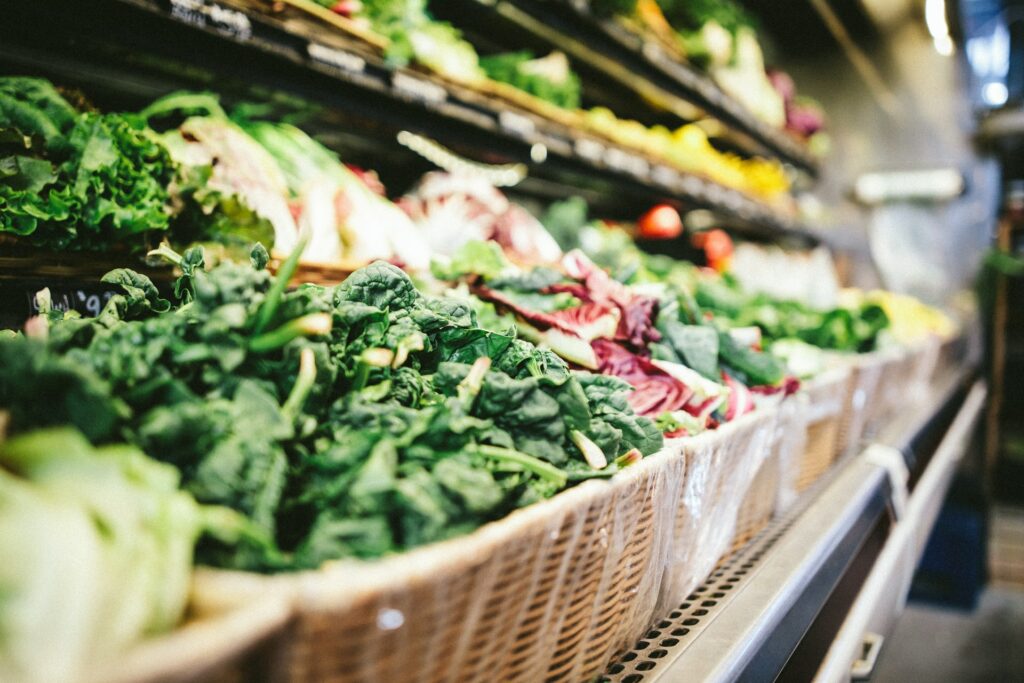Almost one in three Belgians has at least one day a week in which they don’t eat any fish or meat, a figure that has almost doubled since 2016, according to a survey for the Ethical Vegetarian Alternative (EVA) organisation.
Six years ago, 13% of Belgians eliminated meat and fish at least once a week, and that proportion has more than doubled to 28% today, De Morgen reports.
“It is no longer a niche at all,” said Kristof Rubens, nutrition expert at the Department of Environment. “What’s even more important is that the broad group of "flexitarians", who eat no meat once or several times a week, now make up almost a third of the population.
“This is a very diverse group that is completely different from the classic vegetarian. The fact that it has grown so much shows how veg has completely moved out of marginality, thanks in part to the wide range of meat substitutes on offer.”
Today, almost one in eight Belgians (12%) are flexitarians, up from 9% in 2016. Only about 1% of Belgians eat no meat except for fish, and 3% are “almost-vegetarians,” meaning they eat meat or fish no more than two days a month.
Number of people passing up meat rising quickly
The growth in all categories of vegetarian eating, from flexitarians to vegans (those who consume no animal products whatsoever) is surprisingly high.
“It is striking,” said Professor of Bioeconomics Erik Mathijs (KU Leuven). “Normally behavioural changes take a lot of time.”
The number of Belgians who describe themselves as 'omnivores' is falling slightly, from 72% in 2020 to 68% a year later, with large numbers of women (40%) and young people (42%) especially saying the label doesn’t fit them.
It seems a reduction of meat in the Belgian diet will only become more popular: four in 10 meat-eaters say they want to eat less meat in the future and 8% want to become vegetarian or vegan.
The numbers match up with the rest of Europe, as well: almost half of European consumers have reduced their meat consumption in the past year and just under 40% plan to consume less meat in the next six months.
Rise in vegetarianism coincides with increasing options
The biggest reasons cited for holding back from becoming vegetarian are taste (30%), a lack of interest (27%), price (24%) and insufficient cooking skills (19%). These barriers are increasingly addressed by market changes that result in a wider, cheaper offering of vegetarian and vegan options.
Plant-based dairy is also on the rise: 29% of those surveyed consume plant-based dairy alternatives at least weekly, an increase of 6% since 2016.
“That dairy is also associated with animal suffering is not so well known to the general public and health advice still reads that it is best to consume dairy occasionally to avoid deficiencies,” Mathijs said. “The trend among the population is cautiously going against this.”
Related News
- How Belgium became the (food) start-up nation
- Half of Europeans have reduced meat consumption
- Belgians buy into plant-based meat alternatives
EVA points to the ever-increasing supply of plant-based milk and yoghurt.
“Taste, quality and diversity have improved significantly in a short time and in more and more places, for example, the option of vegetable milk with coffee is quite common,” said spokesperson Fien Louwagie.
“As with meat substitutes, if it is tasty and very accessible, more and more people will try it.”
The study was conducted by iVox among two thousand adult Belgians at the request of EVA, which organises a Veggie Challenge for one month starting next week. Around 5,000 people have already signed up for the challenge.

